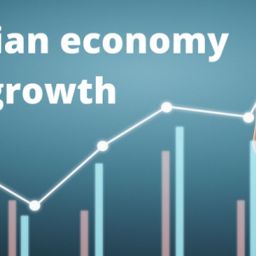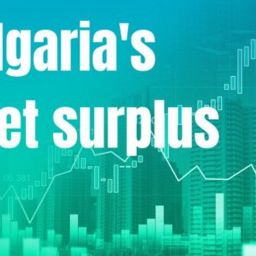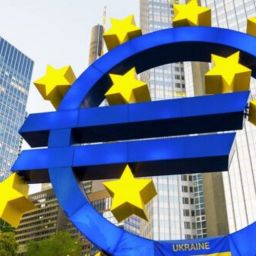
Bulgaria’s economy grew by 0.6 %in the third quarter of the year, the National Statistical Institute (NSI) said in a flash estimate on November 15. In real terms, gross domestic product (GDP) in Bulgaria in July-September was 44.54 billion leva, or 22.77 billion euro.
In annual terms, the economic growth in the third quarter was 3.2 per cent, compared to the same period of 2021. NSI is due to announce preliminary growth figures for the third quarter on December 7.
The flash estimate’s seasonally-adjusted data showed domestic consumption rise by 0.5 per cent during the third quarter, and it was three per cent higher on an annual basis. Gross fixed capital formation declined by 1.7 per cent in July-September and was 8.4 per cent down compared to the third quarter of 2021.
Exports fell by 1.4 per cent compared to the second quarter of the year, but were 7.8 per cent higher compared to the third quarter of last year, while imports declined by 4.7 per cent on a quarterly basis and were 5.3 per cent higher year-on-year.
Bulgaria recorded a trade surplus of 1.1 billion leva in the quarter, the equivalent of 2.4 per cent of GDP, NSI said.
NSI’s statistics releases do not, as a rule, include analysis of trends and its GDP flash estimate made no mention of the impact that the Covid-19 pandemic or the Russian invasion of Ukraine had on Bulgaria’s economy.
Bulgaria’s economic growth in the third quarter of 2022 was higher than the figure recorded for the EU as a whole, according to data from the bloc’s statistics body Eurostat. The EU27 economy and the euro zone both grew by 0.2 per cent in July-September.
On an annual basis, Bulgaria’s growth was also higher, with the EU economy expanding by 1.5 per cent compared to the third quarter of 2021, while the euro zone economy was up by 1.7 %.
Source: https://sofiaglobe.com/
















